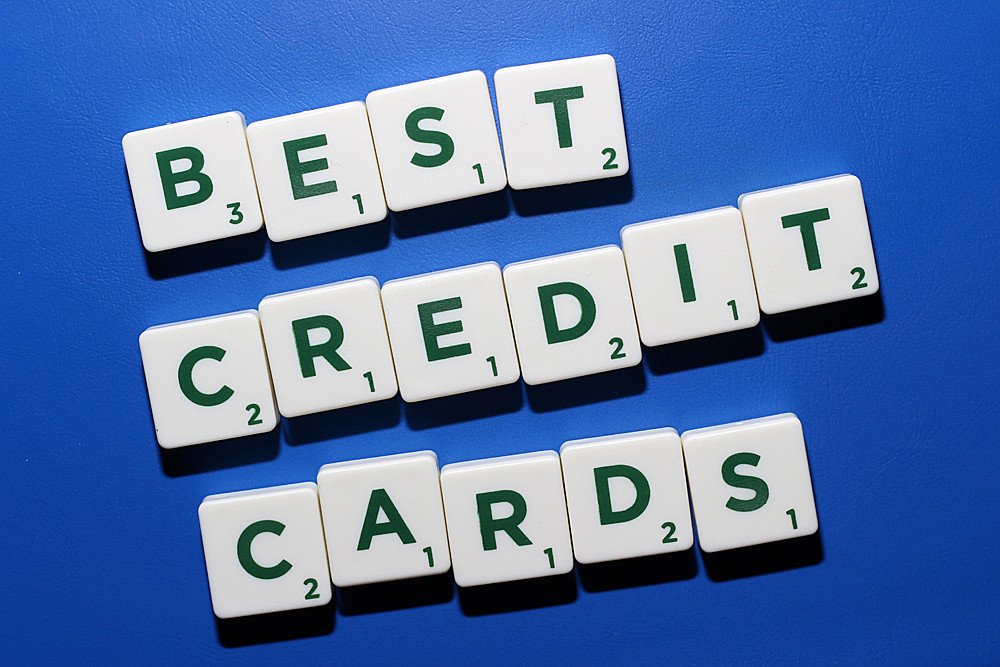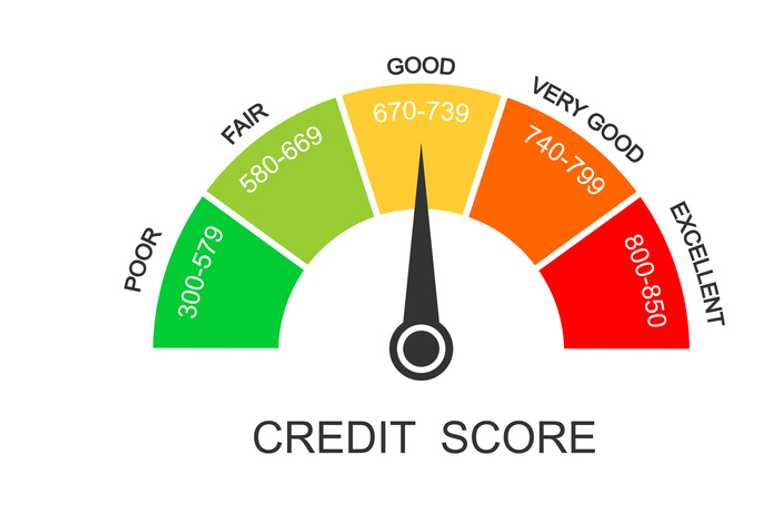Credit cards are powerful financial tools that, when used responsibly, can offer convenience, rewards, and even help build a positive credit history. However, without a solid understanding of how credit cards work and the potential pitfalls, they can lead to financial stress. This article aims to provide a comprehensive guide to credit card education, covering key topics from choosing the right card to managing credit responsibly.
Section 1: Choosing the Right Credit Card
1.1 Understanding Different Card Types
Explore the variety of credit cards available, such as rewards cards, cashback cards, and secured cards. Each type caters to different needs, so choose one that aligns with your spending habits and financial goals.
1.2 Comparing Interest Rates and Fees
Learn how interest rates, annual fees, and other charges can impact your overall cost of using a credit card. Compare different cards to find the one with the most favorable terms for your financial situation.
Section 2: Responsible Credit Card Usage
2.1 Budgeting and Spending Discipline
Establish a budget to track your spending and ensure you only charge what you can afford to repay. Avoid impulsive purchases and practice disciplined spending to prevent accumulating unnecessary debt.
2.2 Credit Limit Management
Understand how credit limits work and the importance of staying well below your assigned limit. Keeping a low credit utilization ratio positively influences your credit score.
Section 3: Building and Maintaining Good Credit
3.1 The Impact on Credit Scores
Explore how credit card usage affects your credit score. Timely payments, low credit utilization, and a mix of credit types contribute to a positive credit history.
3.2 Strategies for Building Credit
If you’re new to credit or working to rebuild your credit, learn about strategies like becoming an authorized user, using a secured card, and making consistent, on-time payments.
Section 4: Navigating Debt and Interest
4.1 Managing Credit Card Debt
Develop strategies for paying off credit card debt, such as the snowball or avalanche method. Prioritize high-interest debts to save on interest payments.
4.2 Avoiding Minimum Payment Traps
Understand the pitfalls of making only minimum payments and the long-term financial implications. Paying more than the minimum helps you pay down your balance faster.
Conclusion:
Credit cards can be valuable financial tools, offering convenience and rewards when used responsibly. By educating yourself on the nuances of credit card usage, choosing the right card, and practicing disciplined financial habits, you can maximize the benefits of credit cards while avoiding common pitfalls. Remember, responsible credit card management is not just about spending—it’s about building a solid financial foundation for a secure and prosperous future.





